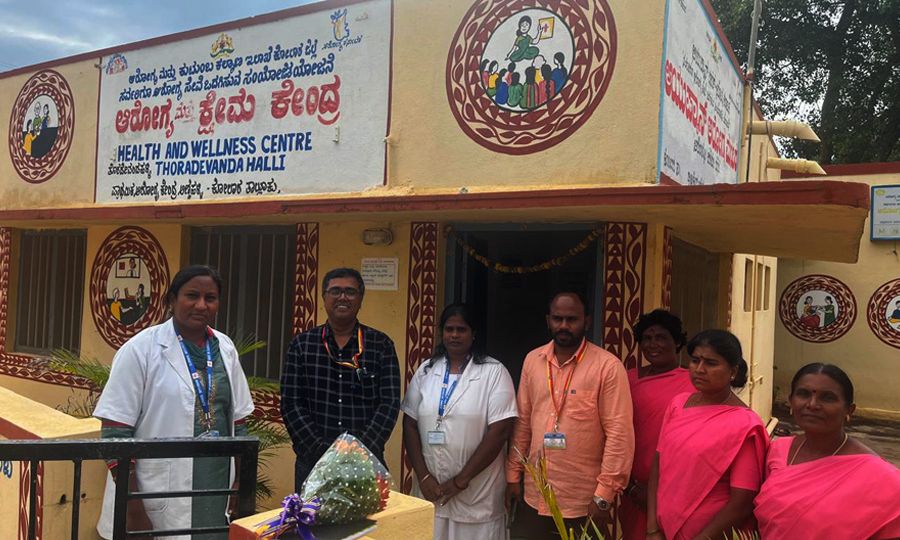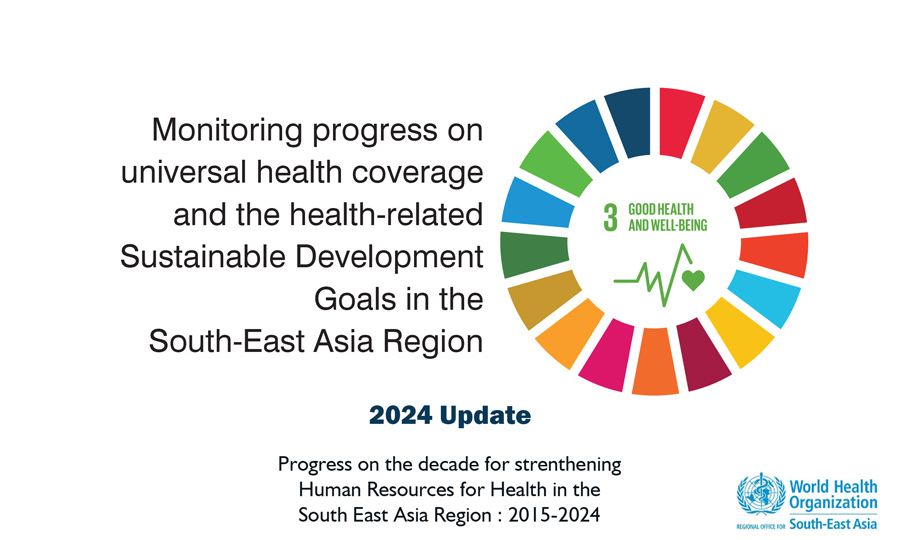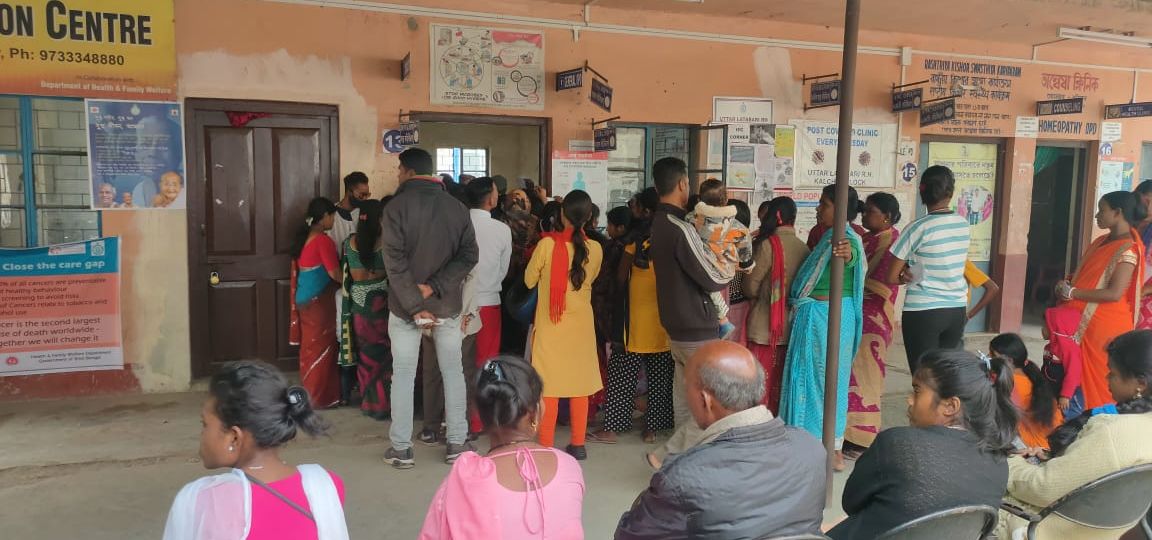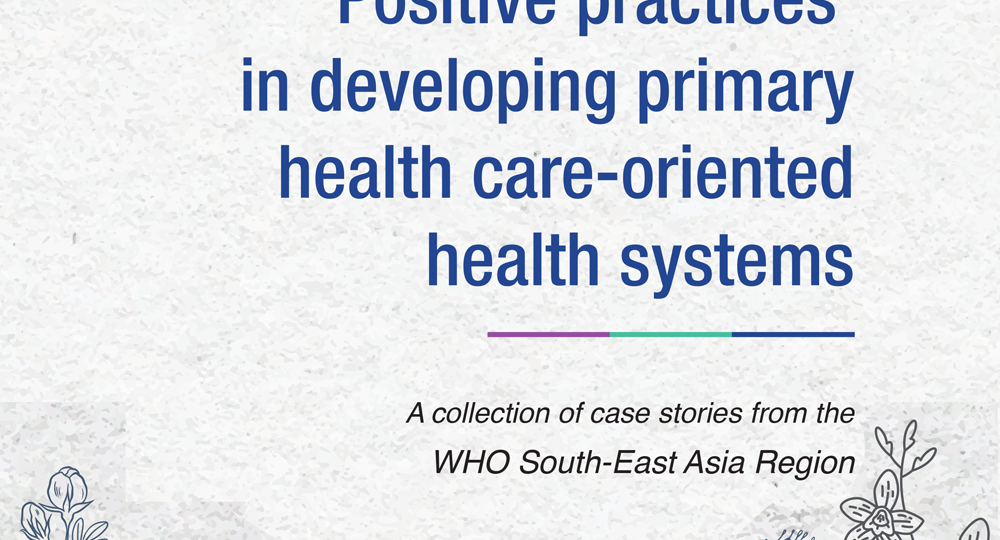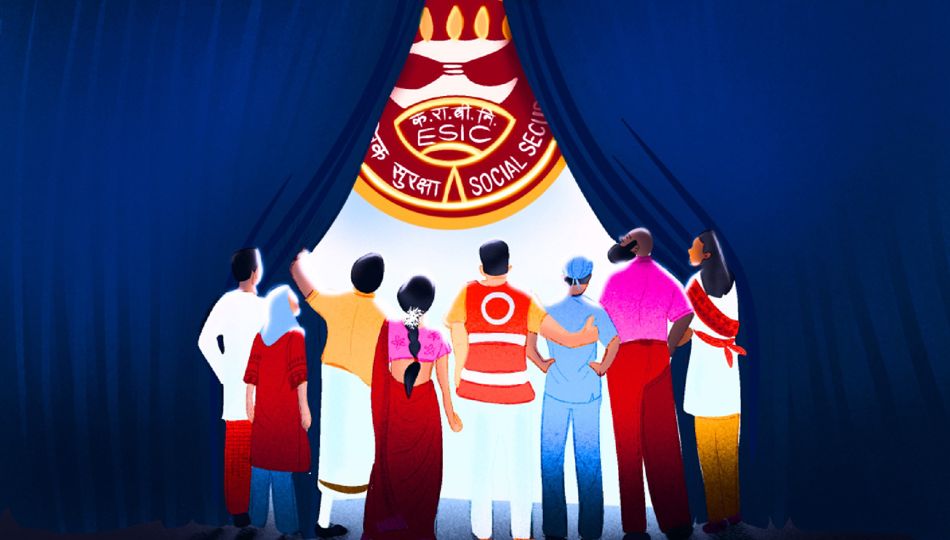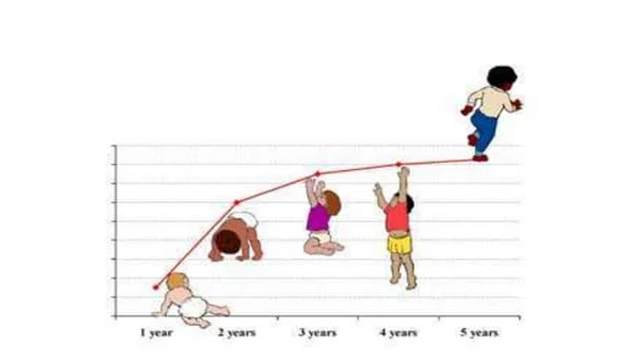As 2024 draws to a close, we take the opportunity to re-share the full series of nineteen “Conversations on Health Policy” published online by the RTH Collective over the course of the year. We also take a moment to reflect on the series as a whole and on the intent and directions with which we undertook the building of this web resource and our hopes for its evolution. Wishing you a happy new year…
2024
Digitization of public health information systems has greatly increased the burden of data-work of frontline health care providers, reducing the time available for healthcare. But though huge volumes of data are generated, data-reliability remains low and its use in improving health outcomes uncertain. Ironically, HMIS, once the subject of health sector reforms, has now become one of its main objects. In this conversation, learning from the past, we propose some principles of design that would help develop HMISs that are more fit for purpose.
The ABDM is India’s ambitious push for digitization in the health sector. In this conversation, four researchers who have been associated with the design and implementation of healthcare IT systems, take a closer look at the ABDM and strive to understand what the program set out to do, what it has done and where it is headed. They explore what ABDM offers for the problems of access, equity and quality of care and the information needs of public health managers. Or has digitization become an end in itself? There are challenges but there are opportunities too….
The Ayushman-Bharat- Health and Wellness Scheme(AB-HWC), launched in 2018, is India’s big hope to deliver on the promise of universal and comprehensive primary health care- a logical extension of the efforts that the National Health Mission,2005 had begun. Its success would have paved the way for the realization of the right to healthcare. But in its rapid scaling up there has been weak conceptual clarity and many essential features of the scheme are under threat. Can the situation be retrieved? In this conversation, three public health practitioners who have been closely associated with its design and/or implementation discuss some of the urgent course corrections that the public health community could help with….
A critical reading of the Progress Update is essential for those in engaged in practice or research in health systems and health policy. This conversation addresses some of the technical challenges of measurement, and implicitly its politics. What we measure as progress is closely related to where we want to go and how we intend to get there. To the average health manager and the health activist this could be heavy reading, but we hope that this conversation helps demystify health metrics, and make for more informed participation in “evidence-based decision making”.
The chronic shortfall of specialist skills in CHCs, cripples our ability to universalize comprehensive primary health care. Such skills are essential to provide referral support and continuity of care to primary care providers and patients. The persistence of the problem and the failure of many efforts to address this shortfall should lead us to introspect on basic design flaws. Drawing on national and international experience, we discuss how this gap can and must be addressed and that too on a priority basis…
We are drawing attention to this recent publication from the regional WHO. In this introduction we highlight one context – the shift from selective to comprehensive care. We hope these case stories help the reader understand the complex nature of this shift, and provides grounds for optimism, that despite the challenges, such a change is feasible…..
The ESI is an amazing institution covering over 10% of the population. The ESI is conceptualized within a health rights framework and offers a basket of benefits that no other insurance programme even attempts. Yet when experts talk of UHC or publicly funded health insurance, the ESI is almost never mentioned. Performance in terms of delivery of benefits is poor, but this is not due to lack of funds, as the ESI has a huge surplus. This conversation is about how ESI must be saved, re-vitalized and expanded, as part of the struggle to achieve the right to healthcare and Health for All. And given some of the directions of reform that are being pushed, it it is also about how not to lose an asset that we never knew we had.
Last year, the ICMR initiated a process re-revisit WHO’s weight and height standards for children on grounds that these are not appropriate in the Indian context. But is this valid? Are current growth standards overstating India’s malnutrition crisis? In this conversation, Dr Yogesh Jain talks to Prof. Rakesh Lodha, AIIMS and Dr Pavitra Mohan,BHS, ( all of leading pediatric practitioners and academicians with experience in public policy) to clarify the issues and concerns underlying the current controversy and the values and goals that should inform our choice of standards.
India has the necessary digitized data systems in place to provide us with the mortality data we need, but yet due to some critical disconnects, we remain reliant on external global institutions for even state and national burden of disease estimates. In this conversation Dr. Chalapathi Rao, discusses how it is possible for state governments to generate reliable annual district level mortality information- even in the short run.





